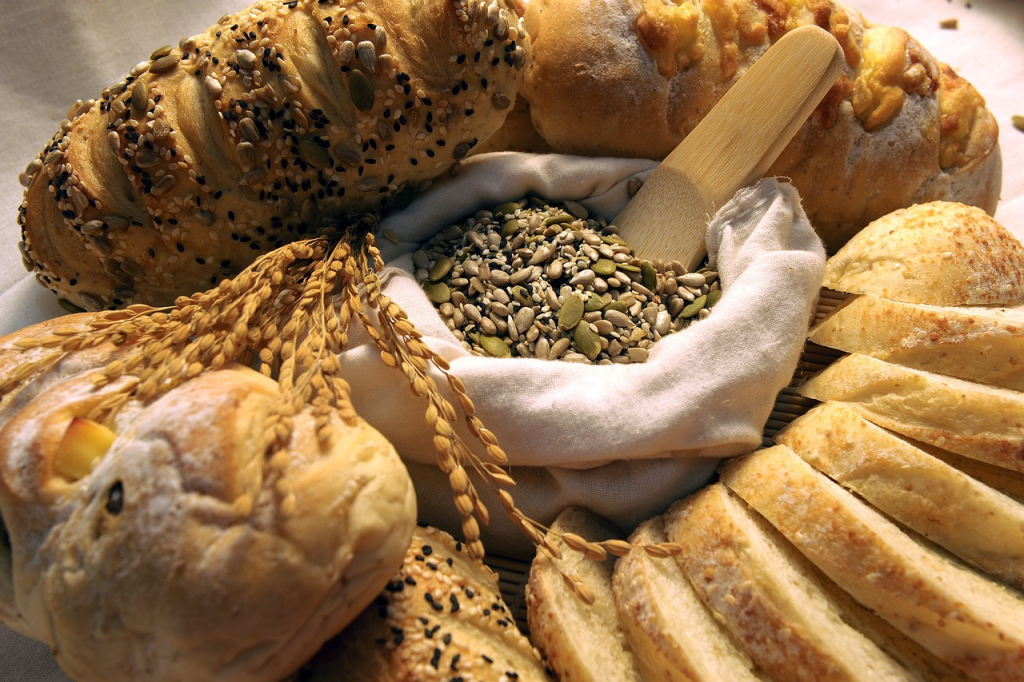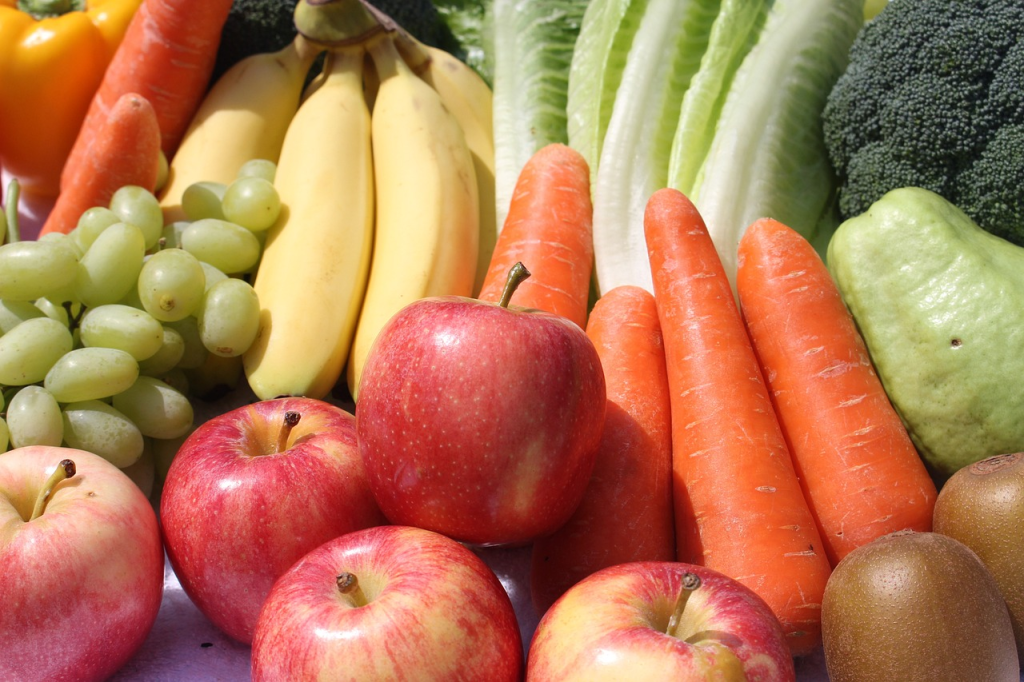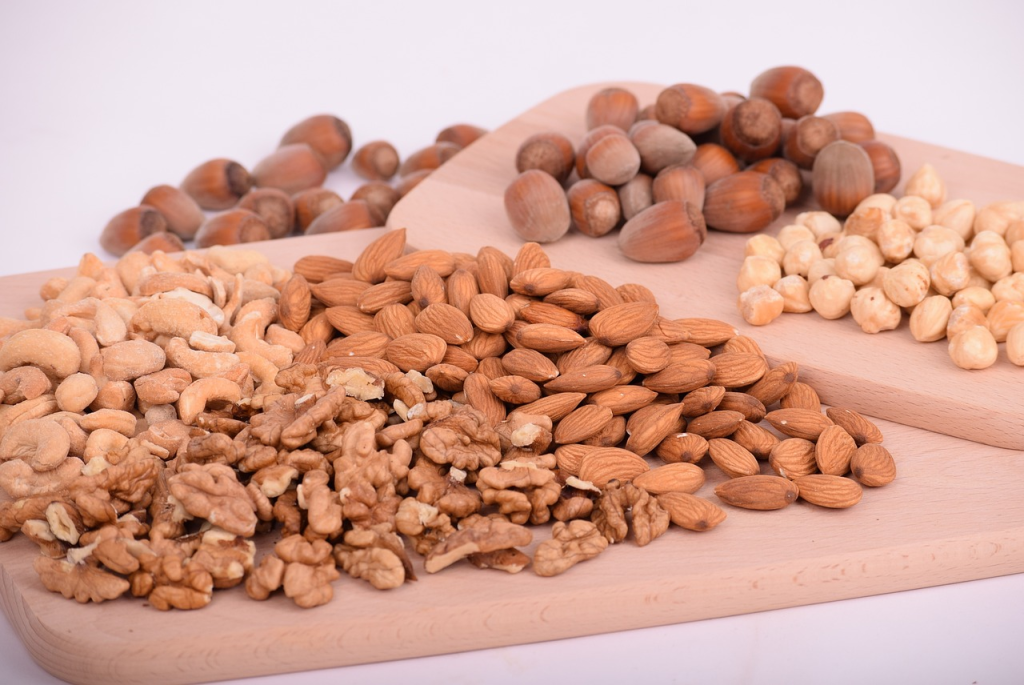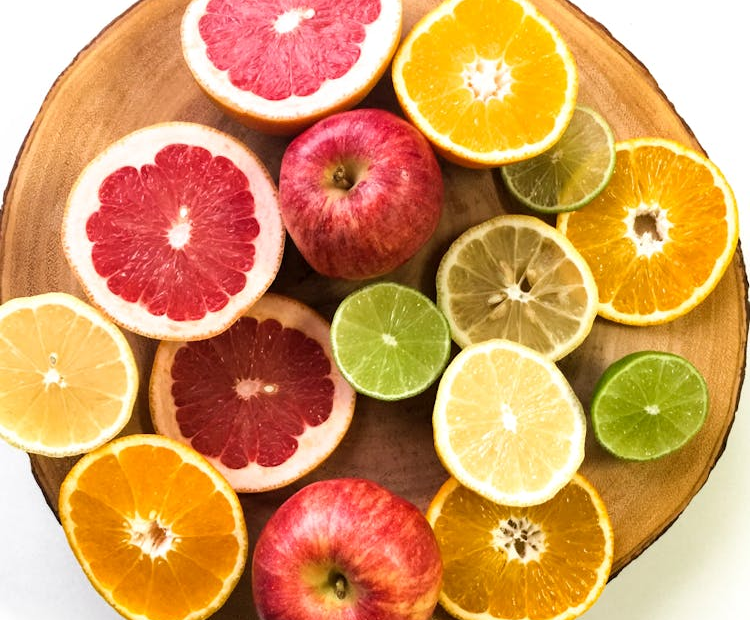The Role of Nutrition in Sleep Quality: Foods that Enhance Rest
Sleep is essential for overall health and well-being, and the quality of our sleep can significantly impact our daily lives, including our mood, productivity, and overall health. While various factors influence sleep quality—such as stress, lifestyle, and environment—nutrition plays a pivotal role that is often overlooked. This article explores how nutrition impacts sleep quality and highlights specific foods that can promote restful sleep.
1. Understanding the Connection Between Nutrition and Sleep
1.1 The Role of Nutrients
Certain nutrients are essential for regulating sleep patterns and enhancing sleep quality. Key nutrients that influence sleep include:
- Tryptophan: An amino acid that serves as a precursor to serotonin and melatonin, both of which play critical roles in regulating sleep.
- Magnesium: A mineral known to help relax the body and mind, thus promoting better sleep.
- Calcium: Important for the production of melatonin, calcium can help regulate the sleep-wake cycle.
- Omega-3 Fatty Acids: Associated with improved sleep quality, these fatty acids can influence serotonin levels, benefiting overall sleep patterns.
1.2 Blood Sugar Levels
The foods we consume can affect blood sugar levels, which in turn can disrupt sleep. A diet high in refined sugars and processed foods may lead to erratic blood sugar spikes and crashes that interfere with our ability to fall and stay asleep.
2. Foods That Enhance Sleep Quality
Incorporating specific foods into your diet can promote better sleep quality and improve overall rest. Here’s a list of foods known for their sleep-enhancing properties:
2.1 Complex Carbohydrates

Foods rich in complex carbohydrates, like whole grains, oats, and sweet potatoes, can help increase the availability of tryptophan in the brain. This, in turn, can promote the production of serotonin and melatonin, leading to better sleep.
2.2 Fruits and Vegetables

Several fruits and vegetables have been linked to improved sleep quality:
- Cherries: Natural sources of melatonin, cherries can help regulate sleep cycles.
- Bananas: High in potassium and magnesium, bananas can help relax muscles and promote drowsiness.
- Kiwi: Studies have shown that consuming kiwi may improve sleep onset, duration, and efficiency.
2.3 Proteins

Protein-rich foods such as turkey, chicken, fish, eggs, and dairy products provide tryptophan, which assists in the production of sleep-regulating hormones.
- Turkey: This popular protein is famous for its tryptophan content, often leading to feelings of drowsiness.
- Greek Yogurt: Packed with protein and calcium, Greek yogurt can help facilitate sleep.
2.4 Nuts and Seeds

Nuts and seeds are excellent sources of magnesium and healthy fats, which can promote relaxation and better sleep:
- Almonds: Rich in magnesium, almonds can help improve sleep quality and duration.
- Chia Seeds: High in omega-3 fatty acids, they help regulate sleep by influencing serotonin levels.
2.5 Herbal Teas

Certain herbal teas can also promote better sleep quality:
- Chamomile Tea: Known for its relaxing properties, chamomile can reduce anxiety and promote sleep.
- Lavender Tea: Often associated with relaxation, lavender has been shown to improve sleep quality.
3. Foods to Avoid for Better Sleep
Just as certain foods promote sleep, others can have a detrimental effect on sleep quality. Here are some foods and beverages to limit or avoid:
3.1 Caffeine
Caffeine, found in coffee, tea, chocolate, and certain sodas, can interfere with sleep if consumed too close to bedtime. It is advisable to limit caffeine intake in the afternoon and evening.
3.2 Sugar
Dietary sugar can lead to blood sugar spikes and crashes, which can disrupt sleep patterns. Foods high in refined sugars, such as candies, pastries, and sugary beverages, should be minimized.
3.3 Heavy and Spicy Foods
Heavy meals close to bedtime can cause discomfort and indigestion, interfering with sleep. Spicy foods may also cause heartburn, further disrupting your ability to fall asleep.
4. Practical Tips for Enhancing Sleep Through Nutrition
Incorporating sleep-friendly foods into your diet is essential, but there are additional tips to enhance your overall sleep quality:
4.1 Meal Timing
Consider the timing of your meals. Eating large meals late at night can interfere with sleep, so aim for your last meal at least two to three hours before bedtime.
4.2 Balanced Diet
Focus on maintaining a balanced diet rich in whole foods, including fruits, vegetables, whole grains, lean proteins, and healthy fats. A balanced diet can provide your body with the nutrients it needs to promote optimal sleep.
4.3 Stay Hydrated

Dehydration can disrupt sleep, so it’s essential to drink enough water throughout the day. However, be mindful of consuming too many fluids right before bedtime to prevent nighttime trips to the bathroom.
